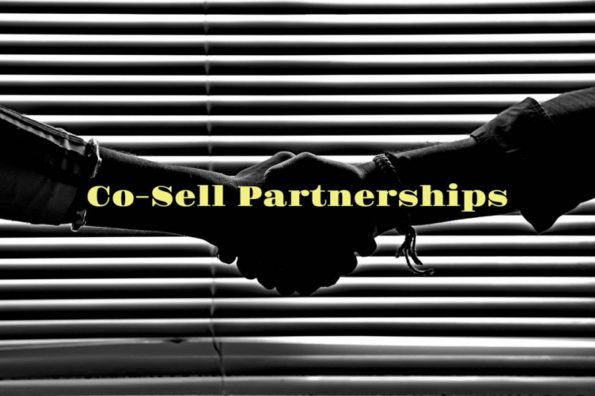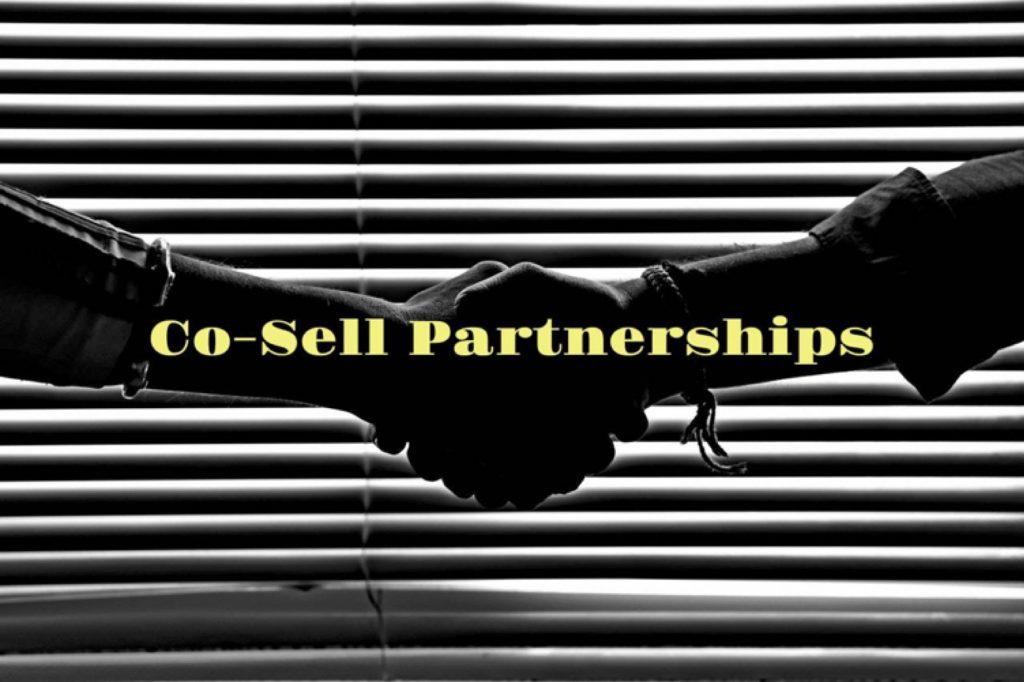Everything You Need To Know To Drive Co-Sell Partnerships
Thinking of collaborating with another seller? Here’s everything you need to know to drive sales leads. Co-selling has become 2021’s favorite way of joining forces and using double resources to get what you want as a retailer. With sales at a record high, co-selling is set to overtake affiliate marketing as everyone’s favorite way to make better ROI. But what is co-selling and why do we need it? Let’s review everything you need to know about co-selling partnerships.

A Brief Overview of Co-Selling
Co-selling allows one or more sellers to capitalize on shared consumer markets. It is the evolution of the concept of collaboration. In this unique value proposition, you double the category of consumers that you target with your sales. You reach twice as many people. By co-selling you could potentially unlock access to competitive markets. All you would have to do, would be willingly work with the competition.
Co-selling allows you to double up on the resources that you are using to reach new markets. This is the main attraction of it. Two or more sales teams joined forces, thereby giving both teams access to the technology each other possess, you have twice the advertising reach and twice the potential for product innovations. You have twice the research and development powers. As you can see, there are plenty of benefits to having your business involved in a co-selling model.
Business models are changing
With digital transformation in full swing, it is no wonder that the business leaders of today are telling us tomorrow’s models will look unrecognizable. We are in a rapidly changing business landscape which is cultivating partnerships which we would never have thought possible. One just has to look at the role of the Influencer to witness this first-hand.
How to Drive Co-Selling Partnerships
The ability to drive co-selling partnerships is divided into three stages. There is stage one – joint account plans management, stage two – marketing and leads management, and the final stage is co-selling referrals and Opportunity Management. Learn how co-innovating and co-selling with your ecosystem partners can help you deliver greater value to your shared customers at https://www.workspan.com/guide-to-drive-co-sell-partnerships/.
1 – Joint account plans management
This first stage of driving co-selling partnerships focuses on you and your new partner devising ways which you are going to work together. Joint account plans management concerns itself with how you are going to manage this joint account.
Traditionally, this takes the form of a four-step process. The four steps are:
- Deciding who your partner will be.
- Engaging in joint planning sessions and creating a strategy.
- Mapping out the account.
- And creating an overall account plan for each project.
The first step is self-explanatory. Deciding who your partner will be is difficult, but it should be someone who complements your business rather than takes away from it. Engaging in joint planning sessions is similarly easy. Each partner will need a dedicated team which is allocated to dealing specifically with the partnership. This way, everyone is always in full control. Transparency is of upmost important when dealing with partner firms.
Mapping out the account is straight forward. The same allocated team focused on creating joint planning strategies should be set aside to map out the account. They will be the most familiar with it and will know the ins and outs. That final step of creating an overall account plan for each specific partnership is also run of the mill.
2 – Marketing and leads management
This focuses on how you and your new partner are going to market your project and gain new sales leads for it. This is a three-step process. First decide on your target markets. Second jointly create marketing plans and execute them, and third, manage the leads
as they arrive on your table.
3 – Co-selling referrals and opportunity management
The last step of driving leads through your new partnership involves identifying opportunities between the two of you, accepting referrals, and engaging with them. You then close the deal, collect the incentives, and think about how you’re going to proceed.

